
Berdi
urinary Track Health
Every parent wants their child to be healthy and happy. But what if their behaviour is throwing a curveball? Fussy eating, tiredness, or difficulty concentrating could be signs of a deeper issue – vitamin deficiency and child behaviour might be more connected than you think.
Children need a range of vitamins and minerals for optimal growth and development. These micronutrients play crucial roles in everything from energy production to brain function and immune response. A deficiency in any of these essential vitamins can manifest in various ways, including behavioural changes.
Here, we explore 10 common signs that might indicate vitamin deficiency and child behaviour is being impacted. By understanding these signs, you can work with your paediatrician to identify any potential deficiencies and ensure your child gets the nutrients they need to thrive.
Vitamins are organic compounds that our bodies can’t produce in sufficient quantities on their own. They come from the food we eat and are vital for numerous bodily functions.
For children who are constantly growing and developing, vitamins are especially important. They play a role in:
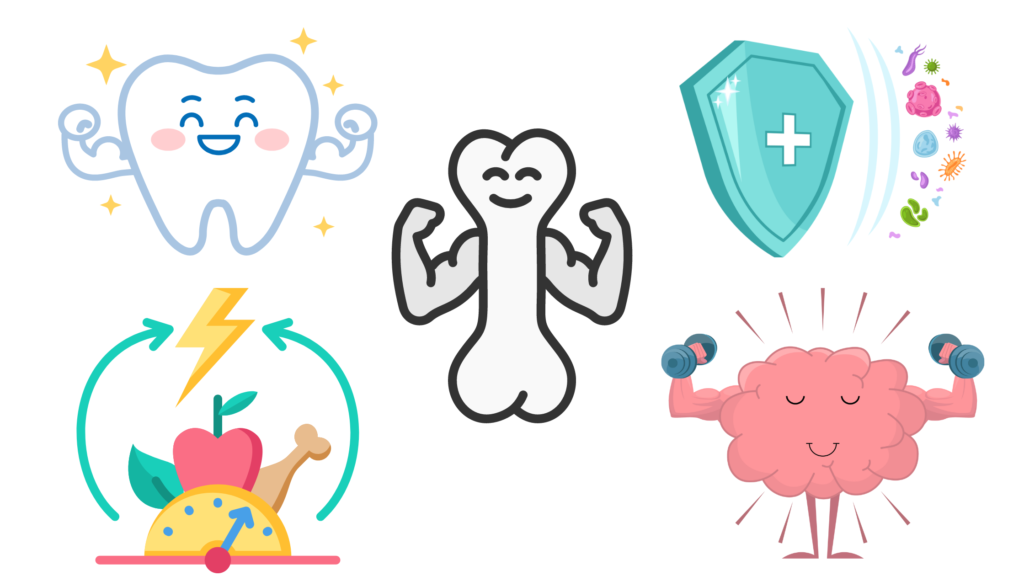
Vitamins play a vital role in the growth and development of children. They are essential for various bodily functions, including immune system support, energy production, and brain function. Without adequate vitamins, children can experience a range of health issues, including behavioural changes. Recognising the signs of vitamin deficiency and understanding how they impact child behaviour is key to ensuring your child leads a healthy and active life.
Lethargy in children is often a sign of nutrient deficiency, particularly deficiencies in vitamins B12, D, and iron. B12 vitamin deficiency and child behaviour and activity are very closely related. Vitamin B12 is crucial for energy production and neurological function. A deficiency can lead to fatigue and weakness due to impaired red blood cell production, which reduces oxygen delivery to tissues, causing lethargy. Science shows that children with vitamin B12 deficiency exhibited symptoms of fatigue and decreased activity levels.
Vitamin D is essential for bone health and immune function. A deficiency can lead to muscle weakness and fatigue, contributing to a child’s lethargy. Research in the Journal of Investigative Medicine indicates that children with low vitamin D levels are more likely to experience chronic fatigue.
Iron is vital for haemoglobin production, which carries oxygen to the body’s cells. Iron deficiency anaemia is a common cause of lethargy in children. According to a 2006 study, iron deficiency can significantly impact a child’s energy levels, leading to persistent tiredness and decreased physical activity.
In conclusion, ensuring adequate intake of vitamins B12, D, and iron is crucial for preventing lethargy in children. Regular monitoring and a balanced diet can help maintain optimal vitamin levels and energy in children.

A compromised immune system is another sign of vitamin deficiency in children. Vitamins A, C, and D are vital for immune health. Deficiency in these nutrients can make children more susceptible to recurrent infections such as colds, ear infections, and chest infections.
Vitamin A is essential for maintaining the integrity and function of skin and mucosal cells, which serve as barriers to infection. A deficiency in vitamin A can impair immune responses, making children more susceptible to infections. Children with vitamin A deficiency have a higher incidence of respiratory and diarrheal infections.
Vitamin C is crucial for immune function, enhancing the production and function of white blood cells that fight infections. A deficiency can weaken the immune system, leading to an increased frequency of infections. Low levels of vitamin C are associated with increased susceptibility to infections.
Vitamin D plays a vital role in modulating the immune system. Deficiency in vitamin D has been linked to a higher risk of respiratory infections. Children with low vitamin D levels are more prone to frequent respiratory infections.
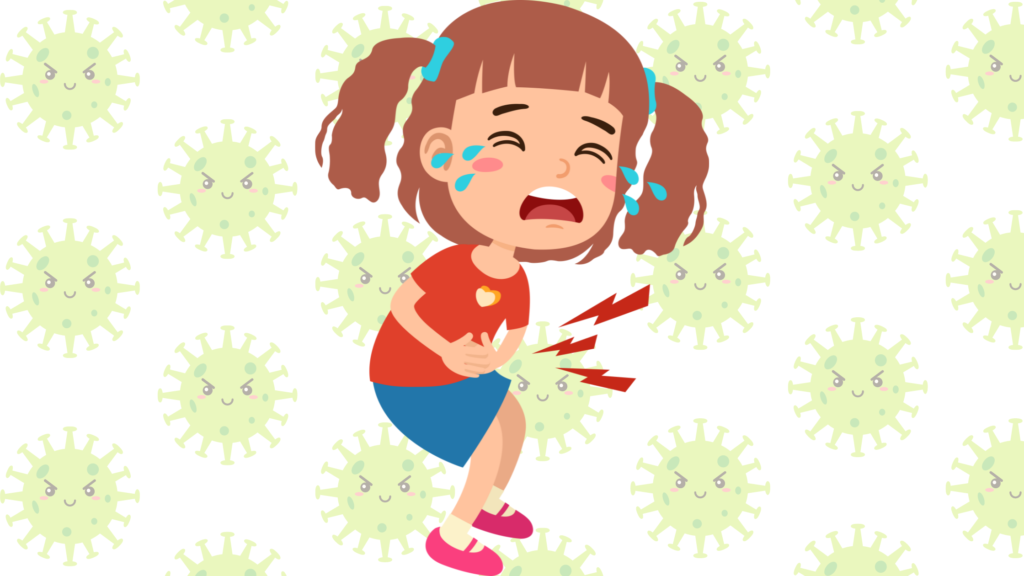
Vitamin B12 and folate deficiencies can lead to cognitive issues and poor concentration in children. Research in the “European Journal of Pediatrics” indicates that children lacking these vitamins may struggle with attention and learning, which can manifest as behavioural problems in educational settings.
Poor concentration and learning difficulties in children can be indicative of vitamin deficiencies, particularly in vitamins B6, B12, and D, as well as iron. Vitamin B6 is crucial for neurotransmitter synthesis, which affects cognitive function and concentration. A deficiency can lead to reduced brain function and impaired learning abilities. Research shows that children with low levels of vitamin B6 had decreased attention and cognitive performance.
Vitamin B12 is essential for neurological function and the formation of myelin, which insulates nerve cells and enhances signal transmission. A deficiency can lead to cognitive impairments and learning difficulties. Research in the Food and Nutrition Bulletin indicates that children with vitamin B12 deficiency exhibit memory and concentration problems.
Iron is vital for cognitive development as it aids in oxygen transport to the brain. Iron deficiency can lead to attention deficits and poor academic performance. Children with iron deficiency anaemia have significantly lower cognitive test scores.
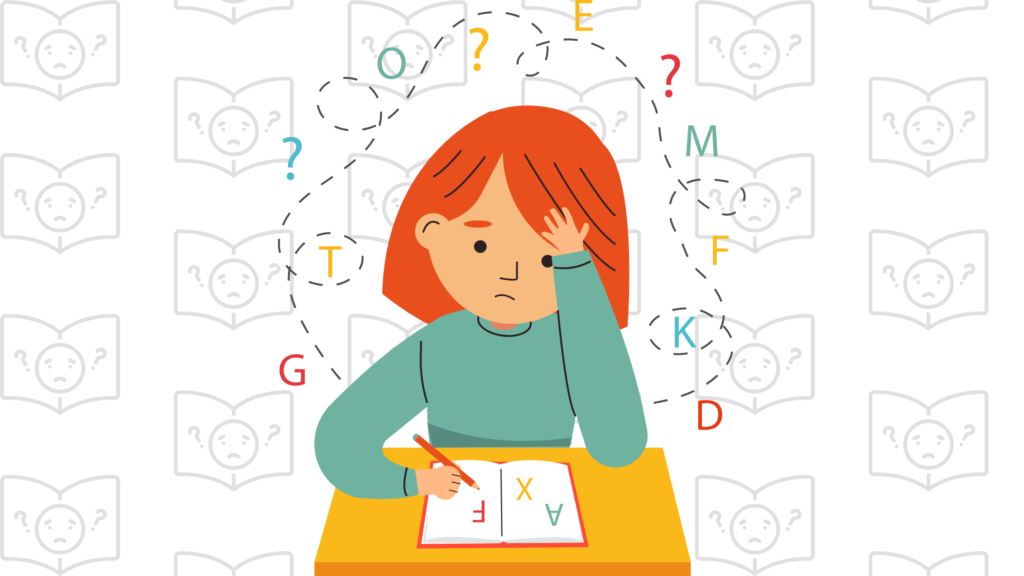
Vitamin deficiency and child behaviour have a strong connection. Mood swings and irritability in children can be signs of vitamin deficiencies, particularly in vitamins B6, B12, and D. Vitamin B6 is involved in neurotransmitter synthesis, including serotonin, which regulates mood. A deficiency can lead to mood disorders and irritability. Low levels of vitamin B6 are linked to increased irritability and mood disturbances in children.
Vitamin D deficiency is also associated with mood changes and irritability. Research shows that children with low vitamin D levels are more prone to mood swings and depressive symptoms.
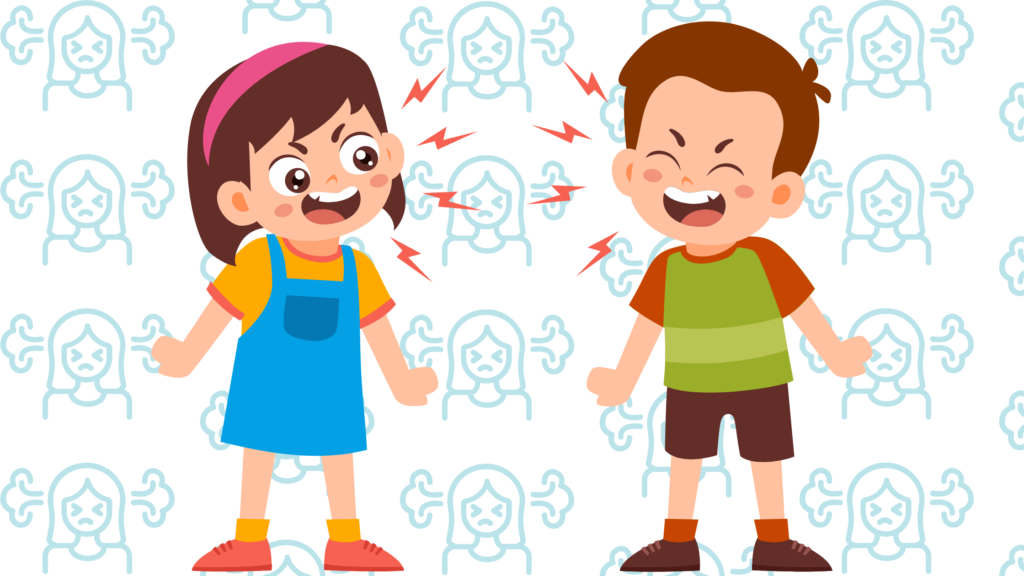
Picky eating and food aversions in children can be signs of vitamin deficiencies, particularly in zinc and magnesium. Zinc is essential for taste perception and appetite regulation. A deficiency can alter taste and smell, leading to aversions and selective eating. A study in the Food and Nutrition Bulletin found that zinc-deficient children showed reduced appetite and increased picky eating behaviours.
Magnesium deficiency can cause anxiety and mood disturbances, which may manifest as food aversions. Research indicates that low magnesium levels are linked to increased anxiety and selective eating.
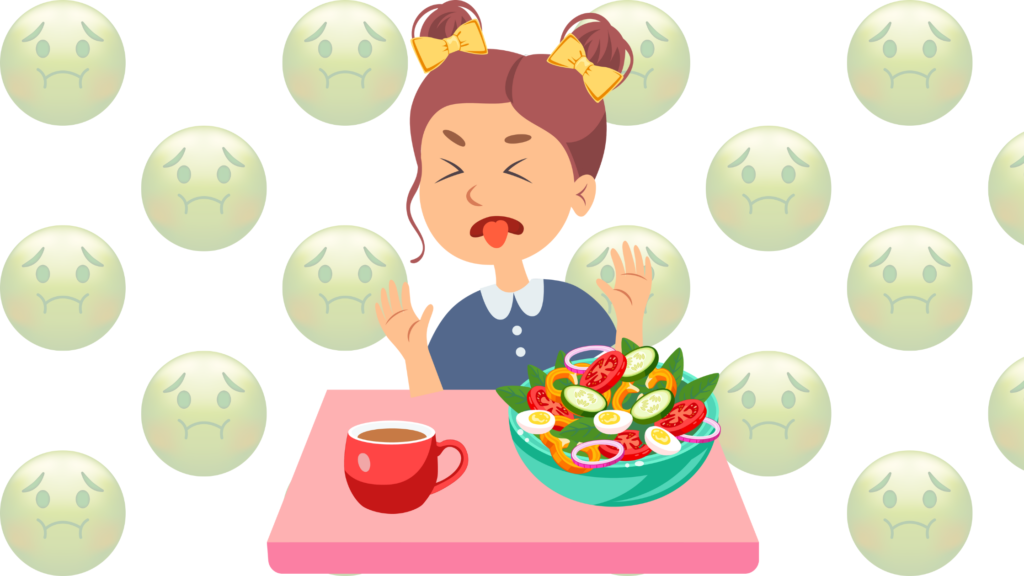
Pale skin, gums, and nail beds in children can indicate a deficiency in essential vitamins, particularly iron and vitamin B12. Iron deficiency can lead to anaemia, reducing red blood cell production and resulting in paleness. Vitamin B12 is crucial for red blood cell formation, and its lack can cause similar anaemic symptoms. Additionally, vitamin C deficiency can affect gum health, leading to bleeding or pale gums. These signs reflect the body’s struggle to maintain healthy blood and tissue, underscoring the importance of a balanced diet rich in these vital nutrients for proper growth and development in children.
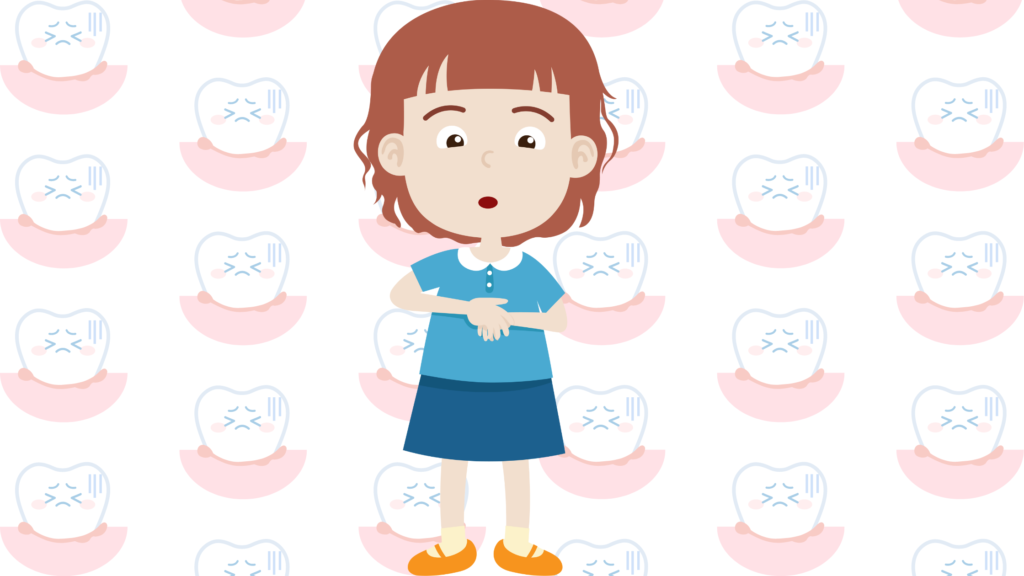
Slow wound healing in children can signal a deficiency in essential vitamins, particularly vitamin C and zinc. Vitamin C is vital for collagen synthesis, a protein necessary for skin repair and regeneration. Without adequate vitamin C, the body struggles to produce enough collagen, leading to delayed wound healing. Zinc plays a crucial role in cell growth and immune function, both critical for the healing process. A lack of zinc can impair the body’s ability to repair damaged tissue efficiently. These deficiencies hinder the body’s natural healing mechanisms, emphasising the need for a nutrient-rich diet to support overall health and recovery in children.
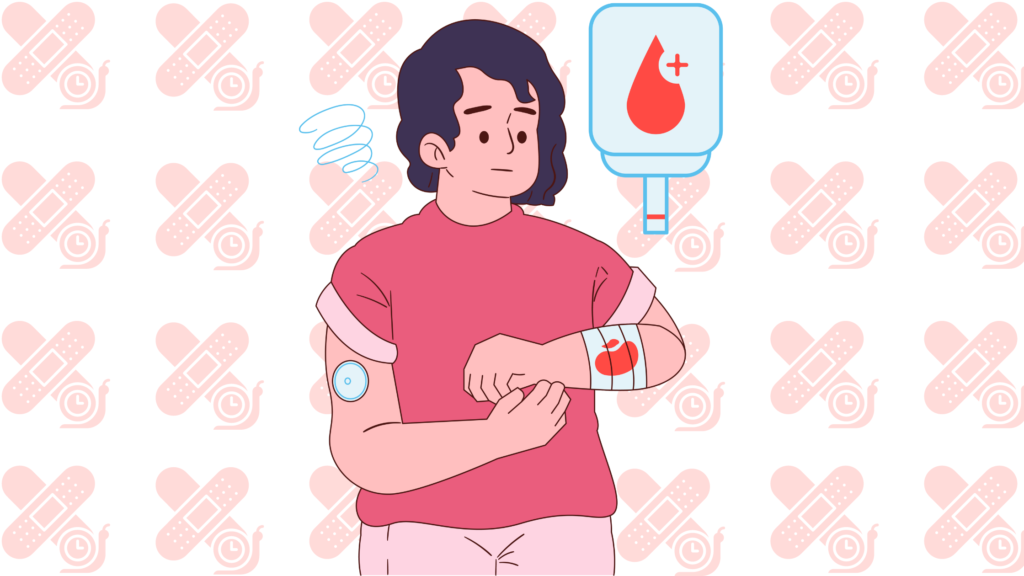
Brittle hair and nails in children can indicate a deficiency in key vitamins such as biotin (vitamin B7) and iron. Biotin is essential for keratin production, a protein that forms the structure of hair and nails. A lack of biotin weakens these structures, making them more prone to breakage and brittleness. Iron deficiency, which can lead to anaemia, reduces the oxygen supply to hair follicles and nail beds, weakening them. Additionally, insufficient vitamin C and zinc can impair collagen production, further contributing to brittle hair and nails. Ensuring a balanced diet rich in these nutrients is crucial for maintaining healthy hair and nails in children.

Poor vision in children can be a sign of vitamin A deficiency. Vitamin A is crucial for maintaining healthy vision, particularly in low-light conditions. It is a key component of rhodopsin, a protein in the eyes that allows for night vision. Without sufficient vitamin A, children may experience night blindness and other vision issues. Additionally, vitamin A supports the health of the cornea and conjunctiva, tissues vital for clear vision. A deficiency can lead to xerophthalmia, a condition that can cause dryness, damage to the cornea, and even blindness. Ensuring adequate vitamin A intake is essential for preserving children’s eye health and overall vision.
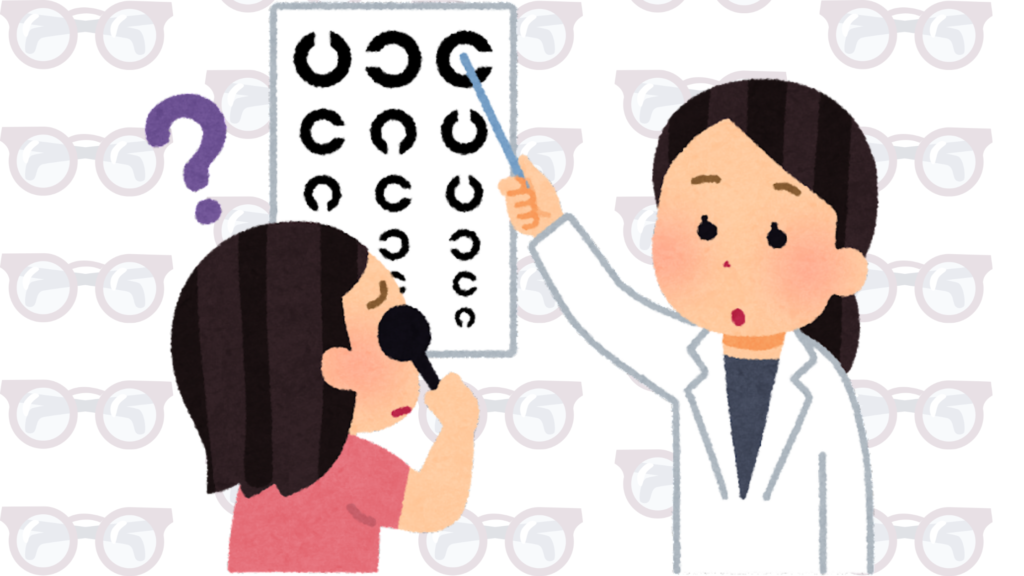
Muscle weakness in children can indicate a deficiency in several vitamins, notably vitamin D. Vitamin D plays a crucial role in muscle function and strength by aiding in the absorption of calcium, which is essential for muscle contraction. Insufficient vitamin D can lead to muscle weakness and pain, impacting mobility and physical activity. Additionally, deficiencies in vitamins. B1 (thiamine) and B12 can affect nerve function, leading to muscle weakness and fatigue. Ensuring adequate intake of these vitamins through a balanced diet or supplementation is vital for supporting healthy muscle function and overall strength in children.
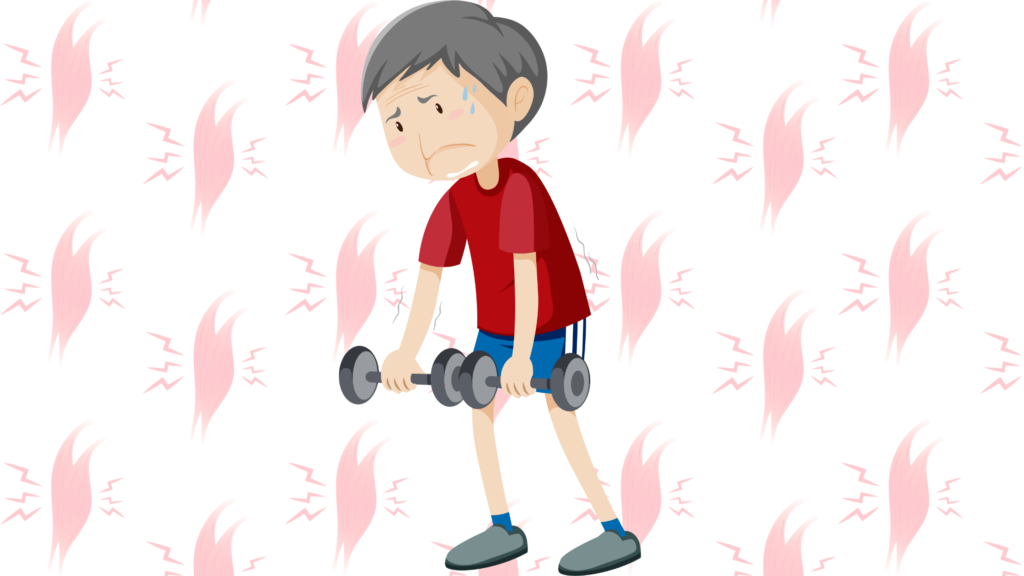
Addressing vitamin deficiency and its impact on child behaviour involves ensuring a balanced diet rich in essential nutrients. However, it can be challenging to meet all nutritional needs through diet alone. This is where supplements like Kid’s One Daily by Route2Health can be beneficial. This multivitamin for kids in Pakistan is designed to provide the essential vitamins and minerals needed for your child’s optimal growth and development.
Recognising the signs of vitamin deficiency in children and understanding their impact on behaviour is crucial for promoting their overall health and well-being. By ensuring your child receives adequate vitamins through a balanced diet and supplements like Kid’s One Daily, you can support their growth, cognitive development, and emotional stability.
Common signs include fatigue, frequent infections, poor concentration, mood swings, delayed growth, dental issues, skin problems, poor vision, bone pain, and anaemia.
Look for signs such as fatigue, frequent illnesses, behavioural changes, and developmental delays. Consulting a paediatrician for blood tests can confirm specific deficiencies.
Essential vitamins for children include vitamin D for bone health, vitamin C for immune support, vitamin B12 for cognitive function, and vitamin A for vision and skin health.
A balanced diet rich in fruits, vegetables, dairy, and lean proteins can provide many essential vitamins. However, supplements may be necessary to ensure adequate intake, especially for picky eaters or those with dietary restrictions.
Supplements like Kid’s One Daily by Route2Health provide a convenient way to fill nutritional gaps and ensure children receive adequate vitamins and minerals for growth, development, and overall health. Always consult with a healthcare provider before starting any supplement regimen for your child.


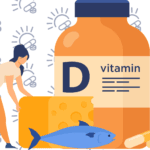





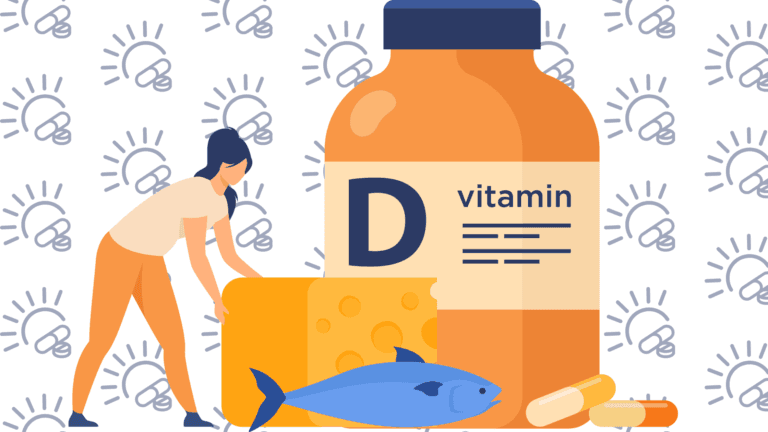

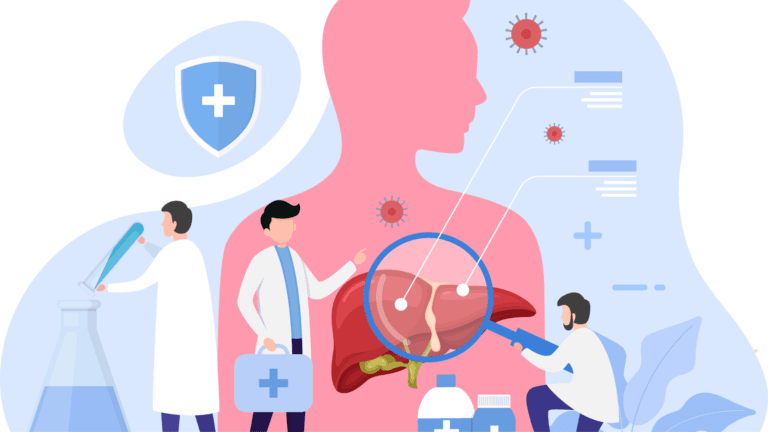
©2023 Route2Health®️
NTN: 2229383
AN ASSOCIATED COMPANY OF HIGHNOON LABORATORIES
STRN: 0301999937728

WhatsApp us
